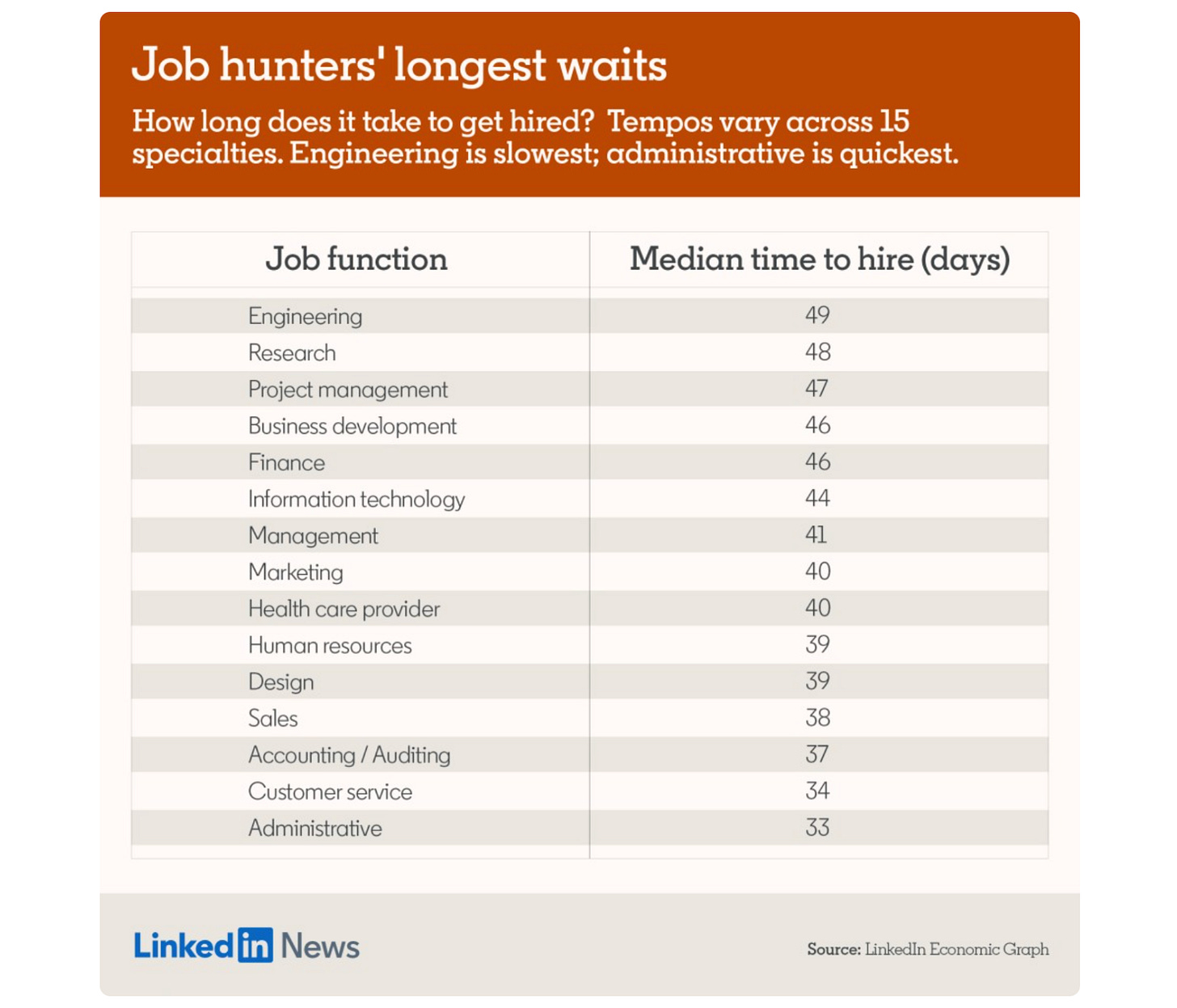When Should You Hire? 🤔
How to figure out if your team needs more engineers — or not.
As a former founder, I often spend time with other founders to help them with problems I may have gone through already.
One of such problems — and a big one — is hiring.
In particular, many founders struggle at figuring out when it is the right time to hire more engineers.
If you search online (or talk to people), you often find conflicting advice:
⬅️ You should hire early — before problems get too big.
➡️ You should hire late — to avoid premature scaling and burning money.
This dilemma is particularly high-stakes, for two reasons:
💸 Hiring is extremely expensive — both in terms of compensation money, and time your team will spend on the process.
🙅♂️ Reverting is hard — firing sucks for everybody, so you want to optimize for doing that as least as possible.
So, of course, the solution is to hire just at the right time. But how do you decide? What are the signs that you need more people?
In this article I collected the best of my knowledge about this, and that of the best founders and hiring managers I know. We will cover:
⏱️ Timing — hiring takes time, a lot of it.
⚔️ Opportunities vs bottlenecks — a healthy mental model to think about hiring.
🔨 Signs you should hire engineers — clues that you need more coding power.
💼 Signs you should hire managers — for when the bottleneck is about something else.
❌ Anti-signs — false clues that you shouldn’t take into account.
Let’s go!
⏱️ Timing
When I think about hiring, my first thought is timing.
Hiring takes time. A 2021 Linkedin study found that Engineering is the function with the absolute longest time-to-hire 👇
These 49 days are the time it takes from the candidate entering the pipeline to signing the contract. To get the full picture, though, we should also take into account:
The time it takes to find the right candidate — from opening the position to they applying for it.
Notice period — and more generally the time from signing to start.
Onboarding time — how long it takes for the new hire to get up to speed.
When you add everything up, you easily get an overall cycle of 6+ months.
Now, making strategic decisions whose effects are delayed by 6 months is exactly not a piece of cake for any company, and especially for startups, who may have a hard time figuring out things far in the future.
So how do you deal with it? When should you hire?
⚔️ Opportunities vs Bottlenecks
I believe you should hire because of bottlenecks, rather than opportunities.
Just like with funding — you should only raise money when you know exactly how you would spend it — you should only hire people when you are clearly bottlenecked on something, rather than to chase new things.
So for example, let’s say your product relies on integrations with external APIs, and the more integrations you build the more customers your sales people are going to win. It is a proven process where higher development velocity brings more business, so you may go for it with confidence.
Now, let’s make a different example — your product relies on sales and word of mouth, and you think you should now invest on SEO because it looks promising: decent volume and low-competition.
This is not a bottleneck, this is a new opportunity that may or may not play out the way you think. My preferred way of chasing it would probably be:



